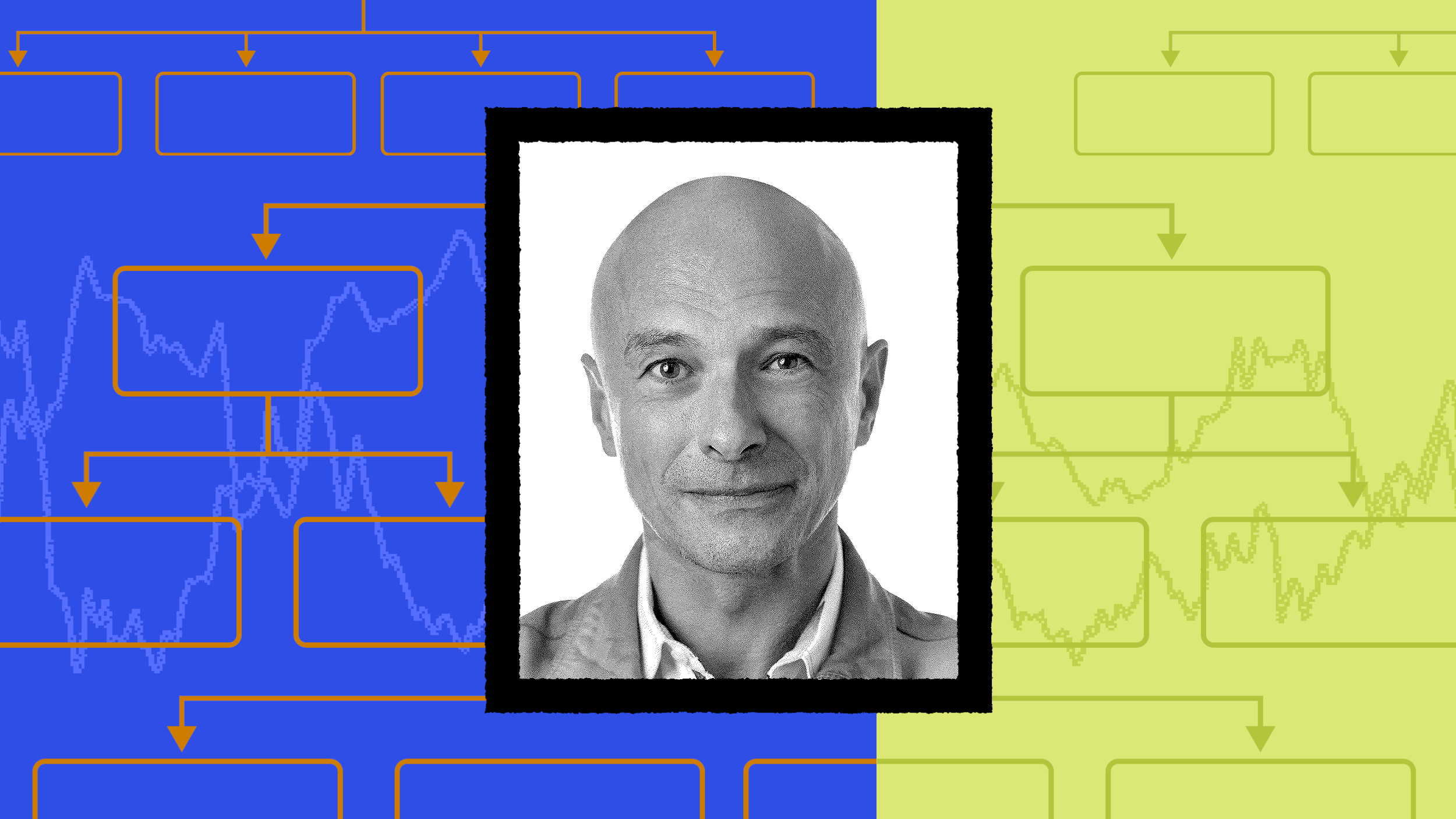Private philanthropy can be enormously valuable.
Question: What role does philanthropy play in fixing schools?
Joel Klein: I think private philanthropy, which has really increased dramatically in the last decade, in public education can be enormously valuable.
Let me give you some sense of the dimensions. My budget annually is 20 billion dollars operating. So private philanthropy is only gonna be a small part, no matter how much it expands. On the other hand, private philanthropy is typically the R&D money, the innovation money, the venture money that can enable you to do new and different things.
So one of the things I believe, from day one, is in the absence of great school leadership, particularly in our most challenged schools, that it wouldn’t work. That no matter what you do, if you don’t have a principal who’s aligned and who was the fortitude and the coverage and the intellectual stamina to do transformative work, to do instruction work, it won’t happen.
So we raised 70 million dollars, the business community, several key foundations, to create this leadership training program and it’s getting real results.
By the same token the [Bill and Melinda] Gates Foundation invested heavily with us in a restructuring they believed and they were correct that high schools which had a lot of struggling students, and were generally getting a graduation rate of 30 or 32%, really need to be restructured, much smaller, much more personalized, with a different dynamic, a different sense of student/teacher relationship and so forth. And we’ve basically done over 200 of those in New York City and those schools are getting very different results.
Under Mayor Bloomberg in the almost 6 years we’ve been at this, we’ve raised to our city about 400 million dollars of private philanthropy and as I say, almost always it’s been venture money. When we needed to restructure our human resource department, several foundations, Brode, Tiger Foundation, with Julian Robertson and others were there for us. And throughout our efforts our basic R&D venture money has come from private philanthropy.
It’s very hard to take money out of your year to year school budgets to siphon it off. Our accountability initiative was heavily funded by the Dell Foundation, so we’ve been very fortunate in that regard.
And when I speak to my colleagues throughout the country, they too are now looking for ways to engage philanthropy to help them do some of the things that are not your day to day costs of your arts program or your physical education or your math or your English. And philanthropy’s not gonna play on those things, they are gonna play on the transformative things that need to be done.
Recorded on: March 30, 2008





